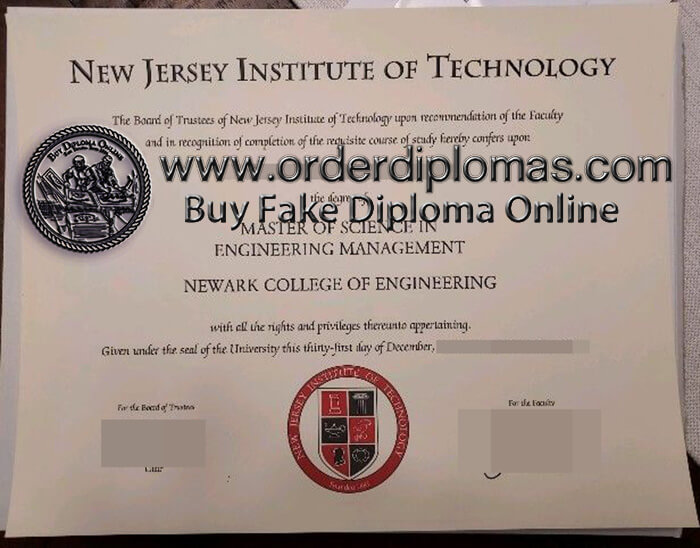
buy fake new jersey institute of technology degree
Buy fake new jersey institute of technology diploma, buy fake new jersey institute of technology degree, buy fake new jersey institute of technology certificate, buy fake diploma, buy fake degree, buy fake certificate, make fake diploma, order new jersey institute of technology diploma, fake diploma, fake degree, buy fake new jersey institute of technology diploma online.
New Jersey Institute of Technology (NJIT) is a public research university in Newark, New Jersey with a degree-granting satellite campus in Jersey City. Founded in 1881 with the support of local industrialists and inventors especially Edward Weston, NJIT opened as Newark Technical School in 1885 with 88 students. The school grew into a classic engineering college – Newark College of Engineering – and then with the addition of a School of Architecture in 1973, into a polytechnic university that now hosts five colleges and one school. As of fall 2021 the university enrolls about 11,900 students from 83 countries, 2,500 of whom live on its main campus in Newark’s University Heights district.
NJIT offers 52 undergraduate (Bachelor of Science/Arts) majors and 67 graduate (Masters and PhD) programs. Via its Honors College it also offers professional programs in Healthcare and Law in collaboration with nearby institutions including Rutgers Medical School and Seton Hall Law School. Cross-registration with Rutgers University-Newark which borders its campus is also available. NJIT is classified among “R1: Doctoral Universities – Very high research activity”. It operates the Big Bear Solar Observatory, the Owens Valley Radio Observatory (both in California) and a suite of automated observatories across Antarctica, South America and the US.
As of May 2021 the school’s founders, faculty and alumni include a Turing Award winner (2011), a Dannie Heineman Prize for Mathematical Physics winner (2015), 9 members of the National Academy of Engineering, 2 members of the National Inventors Hall of Fame, 1 member of the National Academy of Sciences, an astronaut, a National Medal of Technology and Innovation winner, a Congressional Gold Medal winner, a William Bowie Medal winner, multiple IEEE medalists and 15 members of the National Academy of Inventors including 5 senior members. Over the past 20 years NJIT graduates have won seventeen Goldwaters, six Fulbrights, a Truman, six Borens, seven Gilmans, five DAADs, a Tau Beta Pi graduate Fellowship, a Humanity in Action Fellowship, a RIGSPS scholarship, two Whitakers, and nineteen NSF Graduate Research Fellowships.
NJIT is a member of the Sea grant and Space grant research consortia. It has participated in the McNair Scholars Program since 1999. With 20 varsity teams, the NCAA Division I “Highlanders” mainly compete in the America East Conference.
With the addition of the New Jersey School of Architecture in 1973, the institution had evolved into a technological university, emphasizing a broad range of graduate and undergraduate degrees and dedicated to significant research and public service. President William Hazell, Jr., felt that the name of the school should clearly communicate this dynamic evolution. Alumni were solicited for suggestions to rename the institution, with the winning suggestion coming from Joseph M. Anderson ’25.
Anderson’s suggestion – New Jersey Institute of Technology – cogently emphasized the increasing scope of educational and research initiatives at a preeminent New Jersey university. The Board of Trustees approved the transition to the new name in September 1974, and Newark College of Engineering officially became New Jersey Institute of Technology on January 1, 1975. Anderson received the personal congratulations of President Hazell. At that time, the Newark College of Engineering name was retained for NJIT’s engineering school.
Eberhardt Hall
The establishment of a residential campus and the opening of NJIT’s first dormitory (Redwood Hall) in 1979 began a period of steady growth that continues today under the Landscape Master Plan. Two new schools were established at the university during the 1980s, the College of Science and Liberal Arts in 1982 and the School of Industrial Management in 1988. The Albert Dorman Honors College was established in 1994, and the newest school, the College of Computing Sciences, was created in 2001.

 USA Diplomas
USA Diplomas Canada Diplomas
Canada Diplomas UK Diplomas
UK Diplomas Australia Diplomas
Australia Diplomas Germany Diplomas
Germany Diplomas Malaysia Diplomas
Malaysia Diplomas Singapore Diplomas
Singapore Diplomas Other countries
Other countries Transcript-Form.xlsx
Transcript-Form.xlsx
